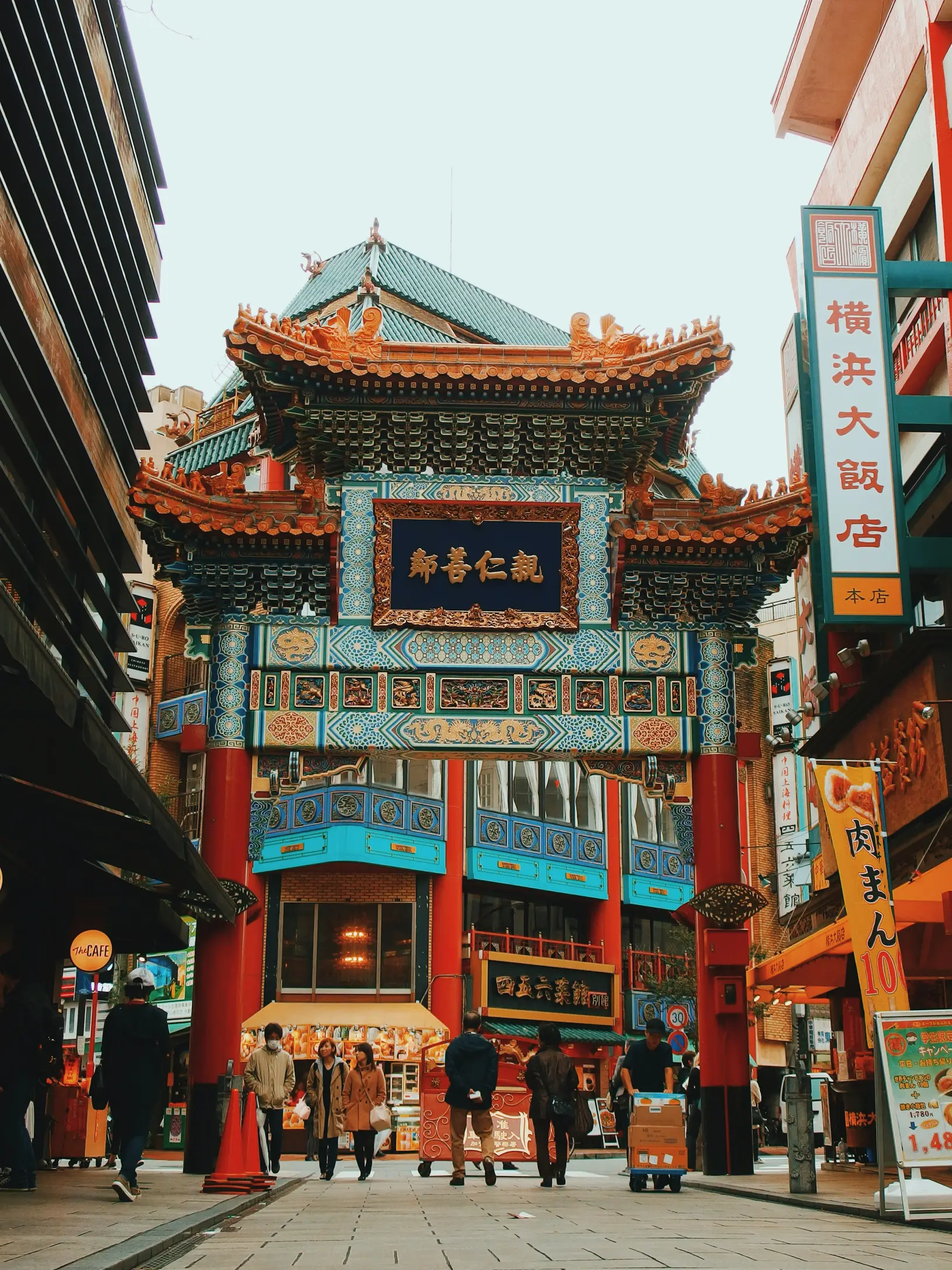1Published in: Journal of World Trade, Vol. 52: 2 2020 – Wolters Kluwer
The case of China’s non-market economy treatment at the WTO might be the typical case where (economic) reality outdoes (legal) theory or, perhaps, expectations. By 2001, when the WTO let China in, its Protocol of Accession (PoA) included special trade remedies provisions regarding China’s economic model. Today, China and other members fight fiercely at WTO, and elsewhere, over the validity and scope of some PoA’s expired rules that set out the commitments by which -arguably- China was expected to become a market economy by December 2016. Aimed at contributing to the debate, this paper analyzes and thus proposes elements for a reform to the WTO’s trade remedies legal framework, so as to solve those conflicts by means of multilateral negotiations in lieu of complex judicial adjudications. Negotiation is hence suggested as the most legitimate, pragmatic, and long-lasting means to ensure the preservation of the trade remedies mechanism. Otherwise, the use of de facto measures, coupled with increasing bilateral disputes, shall steadily undermine its creditworthiness.



